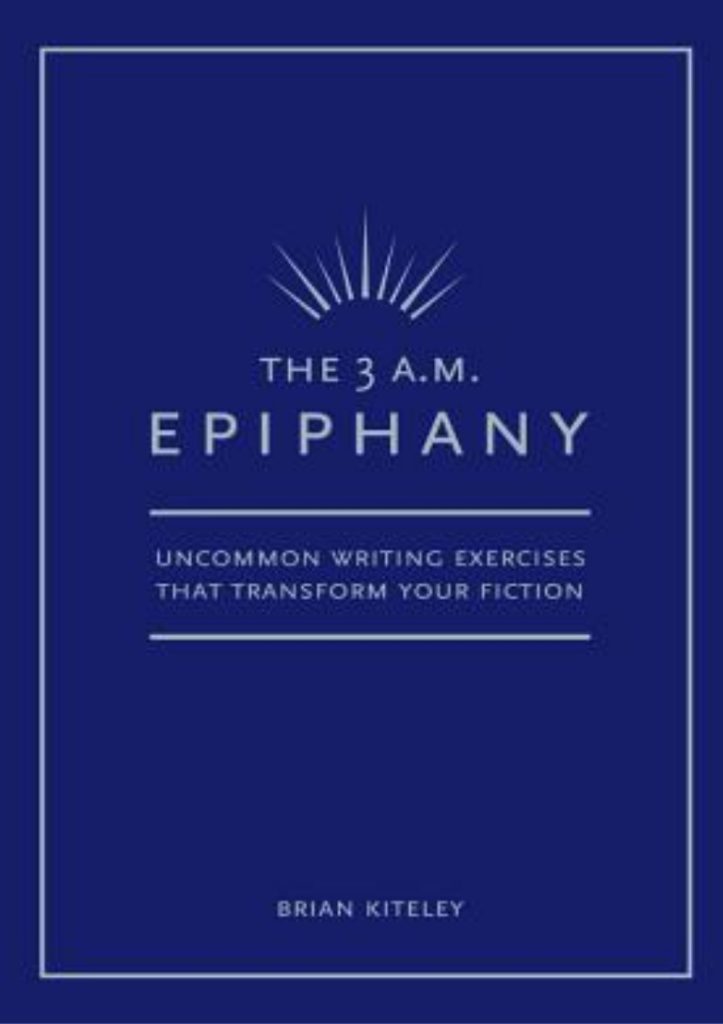
Another really cool exercise from The 3 A. M. Epiphany, this one aiming at omniscient view of the past (or a past, it doesn’t have to be real). The goal is to utilize a type of omniscience that takes a bird’s eye view of an event or people, using the knowledge of that period’s “future” as part of the narrative. It is a very different approach than the present day omniscient POV that I was used to, and the new relationship with the world was interesting to explore. It reminded me of Scott Bakker’s Prince of Nothing trilogy, in which the tight third person would shift to omniscient bird’s eye view during great battles or epic events.
This piece of text is part of the history of the world in which my current novel is set. I hope it isn’t thoroughly embarrassing…
[Excerpt] from “The Fall of the Chantry: Exploration of the InevitabilitY of the Dissolution”
By Kasheem Se Khaledun, Second Historian of the Sovereign College, member of the Guild of Lorists
In a world where the Gods are real, faith cannot survive.
That the Chantry would lose power as people lost faith, was not immediately obvious in the last decades before its collapse. There are records of religions older than the Leviathan Pantheon, dating as far back as the Age of Mythology. Faiths and splinter sects, devoted to deities both imagined, and likely already inspired by the Gods themselves. In all documents surviving such ancient times, we can see cracks in the façade. Abuse of power, corruption, dressing malevolence in piety. It is an easy conclusion to make, that not all who partook of such religions were truly faithful.
So we need to see the world as the Chantry saw it. For all that many quoted scripture while failing to follow its dogma, this was the most powerful religious institution in the history of the Jade continent. Lack of faith had never impeded its influence, nor its control over the political leaders of the land. It was so powerful, in fact, that we have documents showing said influence expanding to other continents, when they Converged with our own during their journeys through the mists of Ocean.
(Such knowledge is perhaps less impressive to the modern reader than it rightly should be. It is of note that the Chantry existed before the Fael skyships came to our lands, before the gift of Gleamdark artifice that would allow the birth of the Guild of Navigators. Traveling to other continents was impossible at the time, and we only knew of their existence due to the rare phenomenon of Convergence, when the currents of Ocean would bring our home in contact with other land masses for a time.)
What is the key to the Dissolution then? How did the greatest power on Jade collapse into the isolated cults we know today? The answer is simple: the Gods spoke to their chosen.
People receiving the gift of God power have existed as long as the leviathans themselves. Those possessed of the ability to change the world, performing what for generations was deemed miracles. Heroes whose mysterious sacrifices would pay for boons humanity could barely comprehend. We know the Pantheon existed during the Age of Mythology. In fact, the leviathans certainly swam the deep mists of Ocean before humanity even stood on two feet. And in every age of our existence, the gifted have been with us.
So what changed? I have outlined in detail how the number of the Gods’ chosen increased dramatically, seemingly overnight (though records reveal the transition happened over decades). Not only did they become numerous, but the leviathans were now speaking to them, directing their efforts to the Gods’ own mysterious ends. The question of “why” has plagued us for centuries, and I have listed some of the more reputable theories. A common thread among many of those deals with the imminent arrival of the Fael, the rise of arcana and artifice as the dominant drives of our societies, which would lead to the beginning of the Audacity and the world we know today. Surely, some among the leviathans can see the strands of the future, as the powers they gift indicate.
But whatever their reasons, one fact remains certain: The Gods spoke, and the Chantry fell.
The dogma of its scriptures had always had an uneasy reverence for the chosen. Those rare few who bore the mark of a God or Goddess of the Pantheon, were an aberration that the power structures of the religion could neither control, nor fully incorporate into their teachings. Many gifted women and men used their gifts in sharp rejection of the Chantry, and yet they were not smitten down for their blasphemous deeds.
The balance held only because such people were so rare.
And then they were not.
More and more awoke to a gift, more and more heard the whispers of the Gods. When they spoke, their word clashed with the dogma of religion. And where religion had faith, the chosen had proof. The former can only survive the latter if their conclusions overlap. But they did not. What we know today, the simple truth that brought the Dissolution, that turned the Chantry into subservient cults more interested in tradition, ritual, and service than any real power, was unthinkable to the people of that period. But over time, it was also undeniable.
The simple reality of the world is that the Leviathan Pantheon cares nothing for our deed and thought, our desires and needs. The Gods are indifferent to all but the ones they choose, and even them they view as but tools to their will. And if certain rituals have survived to the present day, they are hollow tradition, unburdened by the tenets of faith.
In the following chapters, I have laid out the first cracks in […]